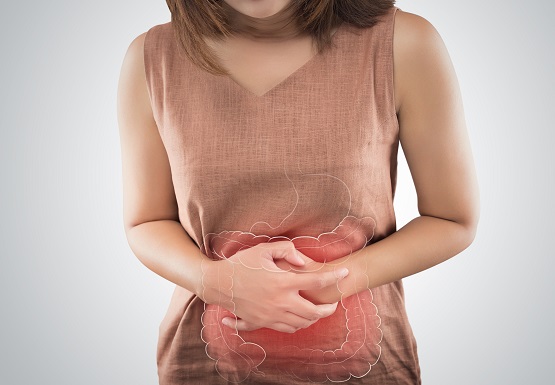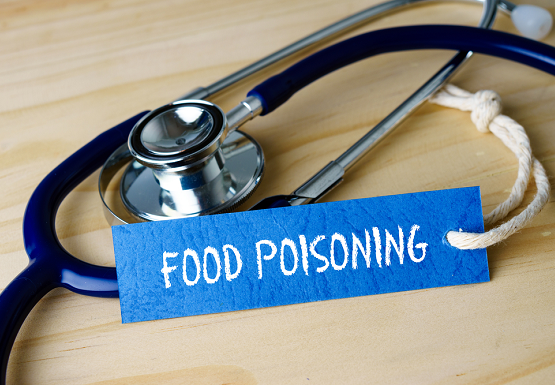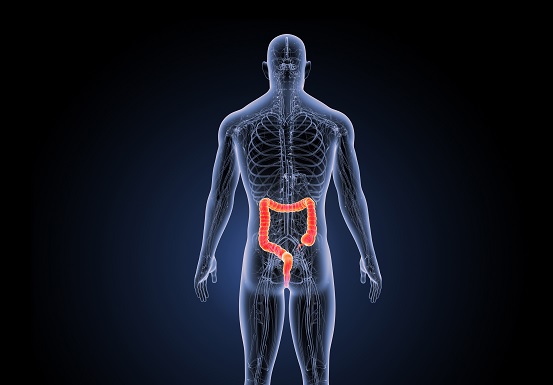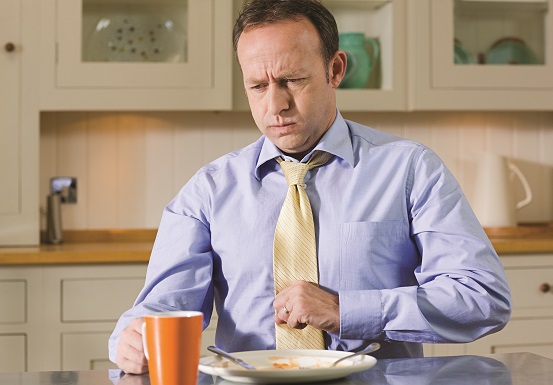Don’t Stomach It

It affects practically everyone and sometimes gets confused with other medical conditions. What exactly is gastric pain and what can be done about it?
What is gastric pain?
Gastric pain is a general term often used to refer to pain in the upper abdomen (below the ribs and above the navel) which is related to meals.
Who is susceptible to gastric pain?
No one is exempt from gastric problems. Young people including children, teenagers, adults and the elderly can all be plagued by gastric problems.
Patients who are taking aspirin to prevent heart attacks or strokes; or strong painkillers, have a higher risk of developing stomach and duodenal ulcers.
Smokers and highly stressed individuals are more prone to gastric problems.
People who have contracted Helicobacter pylori, a bacterium that colonizes the stomach wall, have an increased incidence of stomach and duodenal ulcers.
What are some of the common gastric problems you have come across in your practice?
Gastro oesophageal reflux disease caused by the reflux of gastric acid from the stomach upwards into the oesophagus, or gullet, is an increasingly common cause of gastric pain in the patients I see in my practice.
Peptic ulcer disease with associated stomach or duodenal ulcers is another common cause of gastric pain.
Some patients complain of troublesome gastric pain but are found to have no organic cause for their pain. This is known as Non- Ulcer Dyspepsia or Functional Dyspepsia and forms a substantial proportion of the patients who come to see me for gastric pain.
Patients with symptomatic gallstone disease due to stones in the gallbladder or bile ducts often complain of pain in the upper abdomen which is mistaken for gastric pain.
Other less common causes of gastric pain I see in my practice include hepatitis pancreatitis and cancers of the oesophagus, stomach, liver and pancreas.
What about heartburn?
Heartburn is caused by gastro oesophageal reflux and is characterised by a burning sensation in the upper abdomen which radiates up the chest. Patients may also burp excessively or feel a sour taste in the back of their mouths. Patients are often alarmed by heartburn and sometimes consult a cardiologist because they fear they may be suffering from a heart attack.
You mentioned that digestive disease problems are very common and on the rise in Singapore.
Yes, digestive diseases such as gastro oesophageal reflux disease are indeed becoming increasingly prevalent in affluent countries such as Singapore. This may be related to lifestyle habits such as irregular meals and overeating. Consumption of coffee, tea, oily and fried foods, excessive garlic and onions, spicy foods, alcohol, tomato-based foods and mint also predispose to gastro oesophageal reflux.
A sedentary, stressful and hectic lifestyle, obesity and reclining soon after a meal also make one more prone to gastro oesophageal reflux. Late dinners, suppers, buffets and evening banquets should also be avoided in patients suffering from gastro oesophageal reflux.
Can some medications actually cause gastric pain?
Strong painkillers, steroids and some antibiotics can cause gastric pain.
From your experience, are most gastric conditions curable?
This depends on the actual cause of the gastric pain.
Stomach and duodenal ulcers are treated with medications that reduce gastric acid production. A course of treatment for four to 12 weeks is usually sufficient to heal these ulcers. As a general rule, stomach ulcers must be followed up with repeat gastroscopy to ensure healing as some stomach ulcers may be cancerous. If patients are found to harbour Helicobacter pylori in their stomachs, the bacteria should be eradicated to reduce recurrence of the ulcers.
Patients with early oesophageal and stomach cancers can be cured by surgery. Patients who have gallstones causing symptoms can also be cured by surgical removal of their gallbladders.
It is often difficult to cure patients with Functional Dyspepsia in whom no organic cause is found for their symptoms. For such patients, good patient-doctor rapport is essential. Reassurance, anxiety-relieving drugs and sometimes the prescription of anti-depressants may help alleviate their symptoms.
What are some common diagnostic procedures and how safe are they?
Gastroscopy is often used to investigate the cause of gastric pain. The procedure involves the introduction of a flexible tube with a lighted bulb through the patient’s mouth to visualize the lining of the oesophagus, stomach and duodenum. Gastroscopy is generally a very safe procedure. It enables the endoscopist to obtain biopsies of the affected areas.
Patients who are unfit for gastroscopy, such as those suffering from serious and unstable heart and lung conditions may be investigated by radiological tests such as a barium meal.
Ultrasound scans and CT scans are used to diagnose gallstone disease and tumours of the liver and pancreas.
Article contributed by Dr Dr Chew Chay Noi, an accredited doctor of Mount Alvernia Hospital.
Note : Please note that health information is provided to supplement the care provided by your doctor. It is not intended nor implied to be a substitute for professional medical advice. Always seek the advice of your physician if you have any questions regarding a medical condition.



